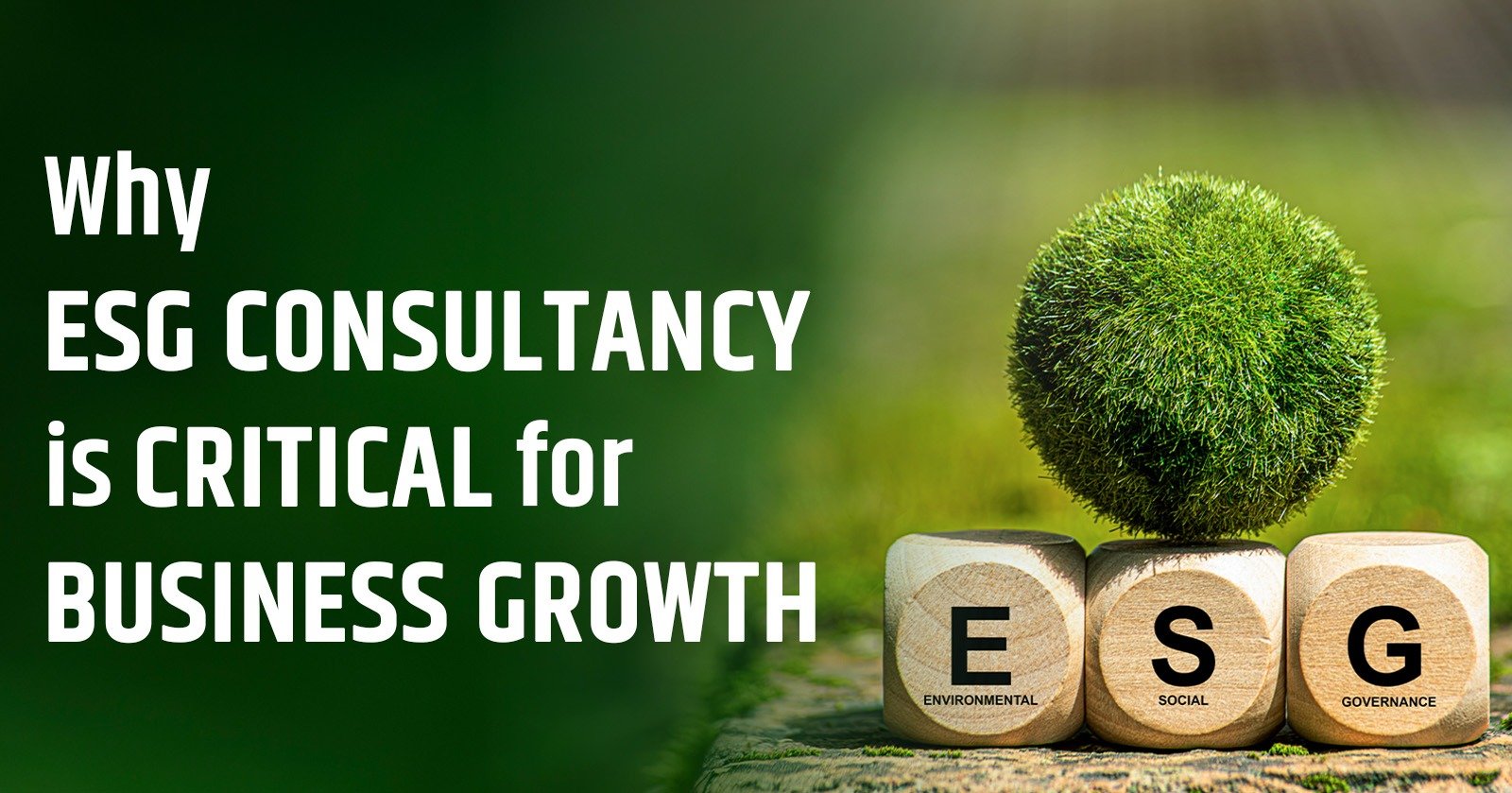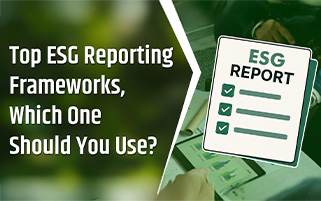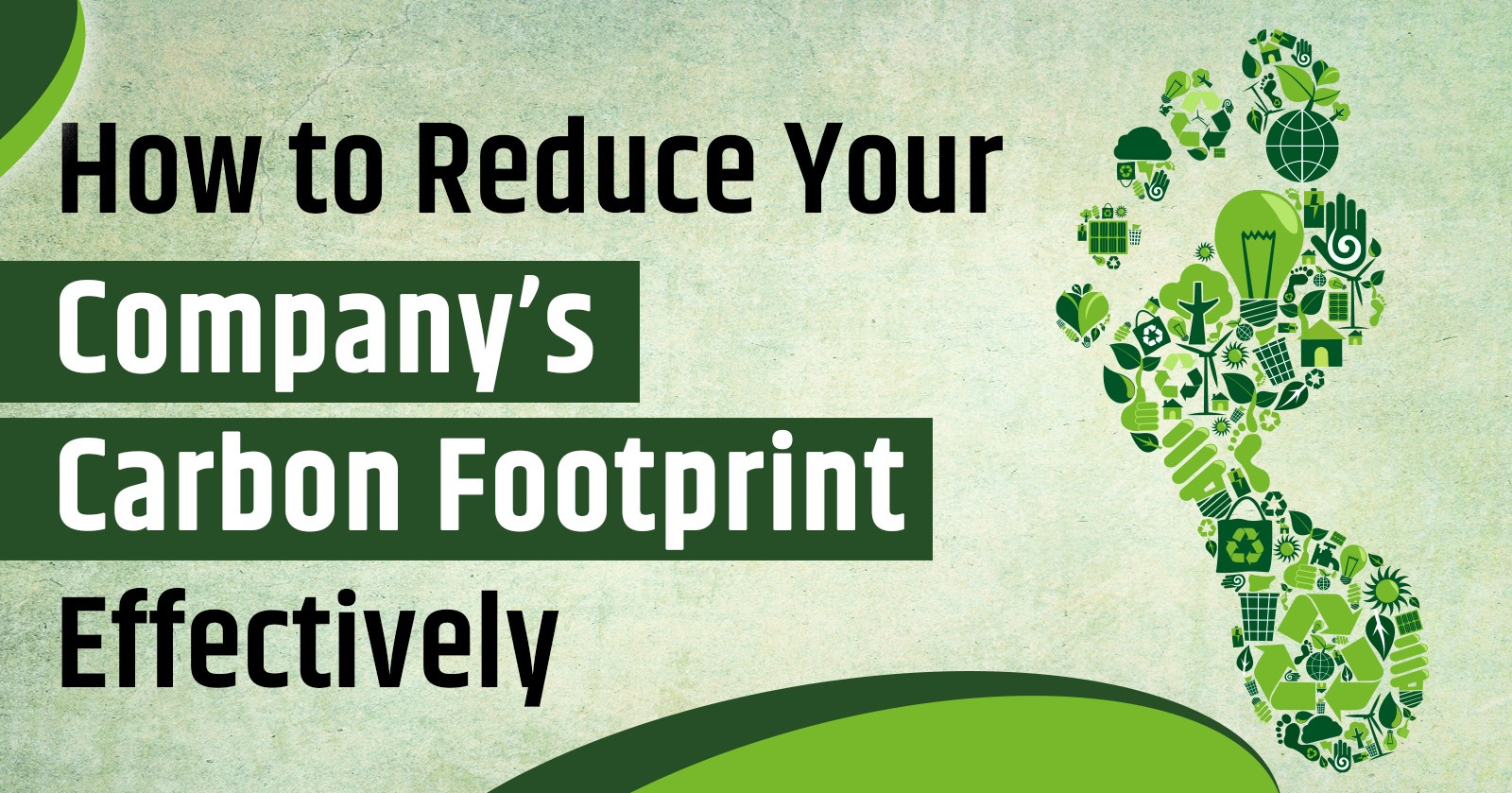ESG in Supply Chain Management: A Consultant’s Perspective

Nowadays, many companies are focusing on ESG in supply chain to make their business operations transparent, ethical, and sustainable. It shows how a company purchases its materials and resources responsibly
By following sustainable practices like sustainable sourcing, responsible procurement, and supplier ESG compliance helps companies ensure that their suppliers follow environmental and social standards.
Implementing ESG in supply chain operations helps companies lower risks, improve their reputation, and draw more interest from customers and investors.
In this blog, we will discuss why ESG in supply chains is important, how to identify supplier risks, and how to check progress.
What is Supply Chain?
ESG stands for Environmental, Social, and Governance. It means running a business responsibly and sustainably. When companies follow ESG practices in their supply chains, they make sure that every step from purchasing materials to production, transport, and waste management is sustainable way.
ESG compliance helps businesses lower risks, build a good reputation, and attract long-term investors. A sustainable supply chain makes sure every process supports people, protects the environment, and helps the business grow responsibly.
Benefits of ESG in Supply Chain
When businesses follow ESG compliance, they enjoy many benefits while supporting a sustainable future. It helps companies use natural resources, reduce waste, and work in a sustainable way that helps to save money and energy.
A sustainable supply chain helps companies face challenges like climate change, natural disasters, and changing rules. By choosing ethical sourcing and working with responsible suppliers, businesses can improve their reputation and earn trust from customers and investors.
Following ESG principles means treating workers fairly, respecting human rights, and caring for both communities and the environment. It takes effort, but it makes the supply chain stronger, more dependable, and sustainable for the future.
How Companies Can Apply ESG into Operations
To apply ESG in supply chain management, companies need a effective strategy that involves the whole organization:
Create a Clear ESG Plan: Define ESG goals, values, and commitments, and share them with everyone in the company.
Work with Suppliers: Talk openly with suppliers to understand their ESG practices and encourage ethical and sustainable methods.
Track and Report: Use sustainability reports or scores to show progress and stay accountable.
Build Partnerships: Collaborate with NGOs, industry groups, or government programs to support ESG initiatives.
Keep Improving: Set targets, monitor results, and adjust actions to continuously improve ESG performance.
What Is Responsible Procurement?
Sustainable procurement means buying goods and services in a way that reduces harm to the environment and society, while keeping cost and quality in mind.
It also looks at the full supply chain to ensure all purchases follow responsible procurement practices and support sustainable business.
With challenges like climate change, biodiversity loss, and natural disasters, companies are working to cut greenhouse gas (GHG) emissions and reduce waste across their supply chains.
By practicing responsible procurement, businesses can make a positive impact and show their commitment to sustainability.
ESG Consultancy in Supply Chain Reform
ESG consultants help businesses make their supply chains more sustainable, fair, and efficient, while reducing risks and improving results.
How ESG Consultants Improve Supply Chains
Create ESG Strategies: They help businesses create plans that achieve their goals and lower supply chain risks.
Identify Risks: They find environmental, social, and governance risks and identify areas for improvement.
Apply Sustainable Practices: They guide businesses to reduce carbon emissions, support fair labor, and use eco-friendly practices.
Increase Transparency: They set up reporting systems to track and share ESG progress clearly.
Engage Stakeholders: They connect businesses with suppliers, customers, and partners to build stronger, sustainable supply chains.
Ensure Compliance: They stay updated on ESG rules and help companies follow regulations.
By following ESG principles, businesses can create supply chains that are stronger, more reliable, and better prepared to handle changes and challenges.
Why Choose Sustrack for ESG in Supply Chain?
Sustainable sourcing means buying responsibly to protect the environment and support ethical practices. It is a key part of building a supply chain that follows supplier ESG compliance and promotes long-term sustainability.
Sustrack provides full support to help your business adopt sustainable sourcing and maintain strong supplier ESG compliance across all suppliers.
We guide you in creating and improving your ESG strategy, ensuring supplier ESG compliance and a transparent, ethical supply chain. Take the first step towards responsible procurement and connect with Sustrack!




